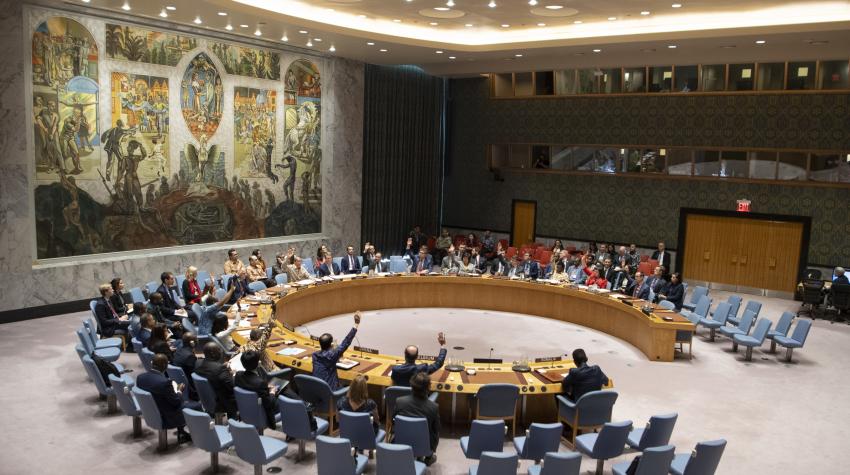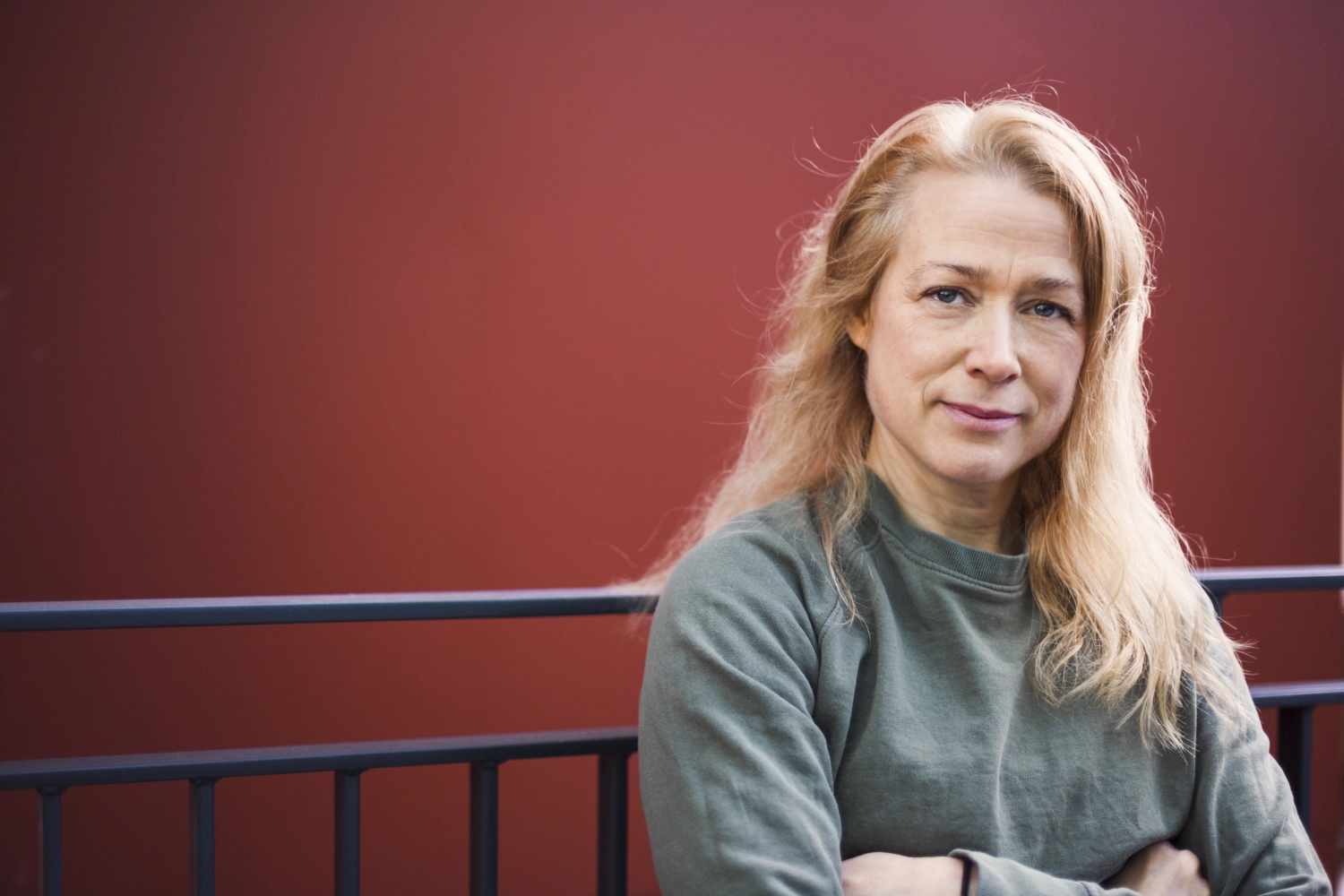Minister for the NDIS Bill Shorten has announced funding for a new support needs assessment model that would see these assessments both funded and delivered by the government. People with Disability Australia (PWDA), Women with Disabilities Australia, Community Mental Health Australia and Australian Autism Alliance support government funding for assessments to reduce the cost to participants but oppose mandatory government-delivered assessments which could herald Independent Assessments 2.0.
Changes must not be implemented before the support needs assessment process and tools have been codesigned and trialled.
“Despite being assured of codesign we were caught off guard by this announcement and haven’t had time to even consult with our members. What’s more concerning is the lack of clarity on timeframes and how codesign will work moving forward. We will not support a pathway being set in stone before people with disability, participants and their representative organisations have been adequately engaged,” PWDA President Trinity Ford said.
Disability Representative Organisations endorsing this statement will only support human rights compliant assessment models that take a whole of person approach, meet the needs of the individual, allow for assessments to be completed by a provider known to the person with disability and have a timely and fair appeals process.
“People with disability must lead the design of assessment pathways. We will only support an approach that relies on our basic human right to be seen as a whole person and not a set of impairments without consideration for the reality of our lives, location and needs. Providers who know the person with disability are best placed to provide insights into a person’s needs and to see this expertise discounted is worrying,” said Ms Ford.
The Disability Representative Organisations have cautioned against rushed implementation, emphasising the need to get this right so people with disability do not lose access to critical and time sensitive supports, including early intervention.
“There could be some benefits to this model if the support needs assessments tools are codesigned with disability representative organisations, incorporate the whole of person support needs and are flexible allowing participants to use their preferred providers. However, we are seeing little evidence that timeframes will allow for this to be done well and need stronger assurances from government that this won’t include concerning elements of Independent Assessments like automation and reduced choice and control,” Ms Ford said.
About us:
ABOUT PEOPLE WITH DISABILITY AUSTRALIA
People with Disability Australia Incorporated (PWDA) is a national disability rights and advocacy, non-profit, non-government organisation. We have a cross-disability focus, representing the interests of people with all kinds of disability and our membership is made up of people with disability and organisations mainly constituted by people with disability.








